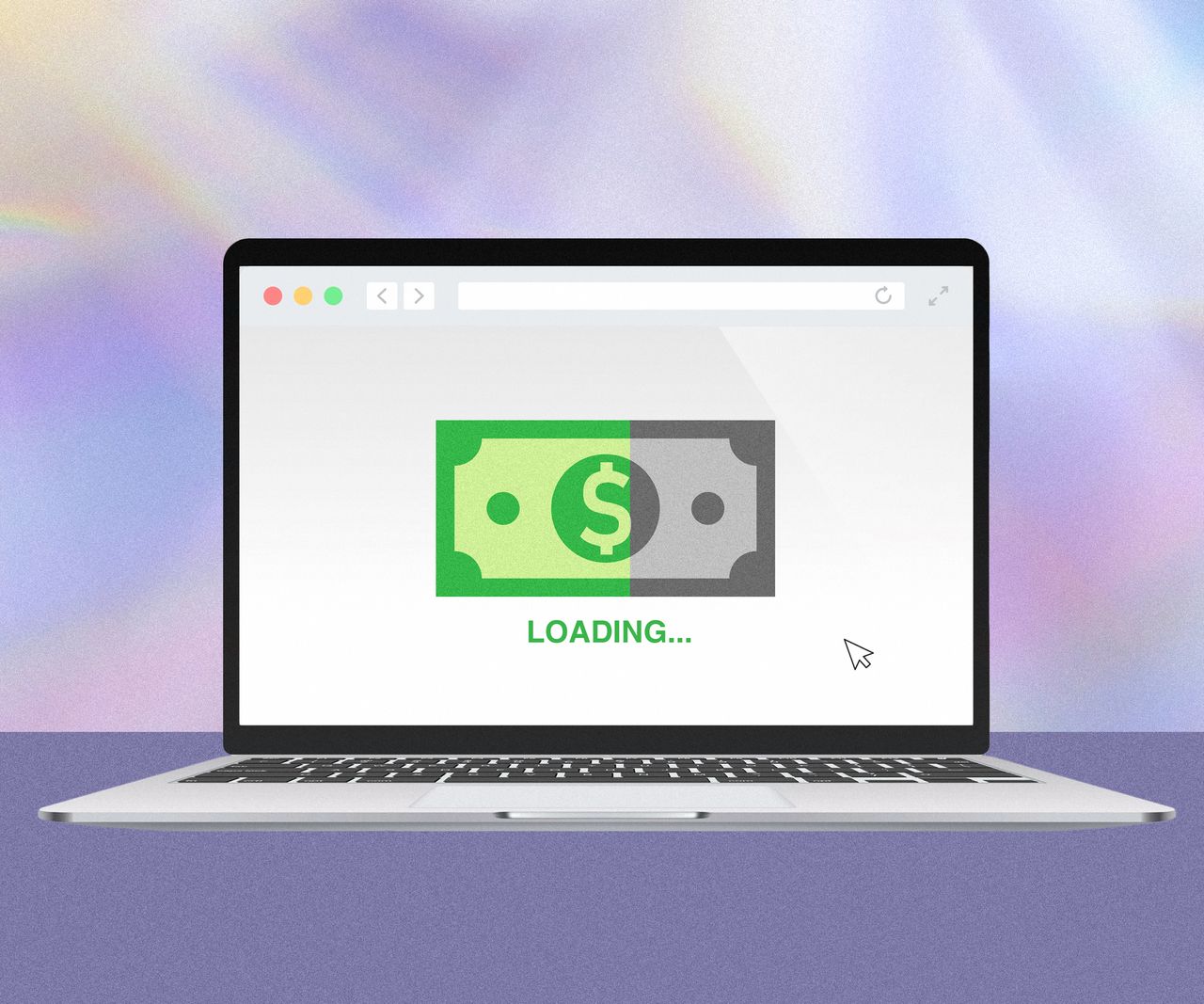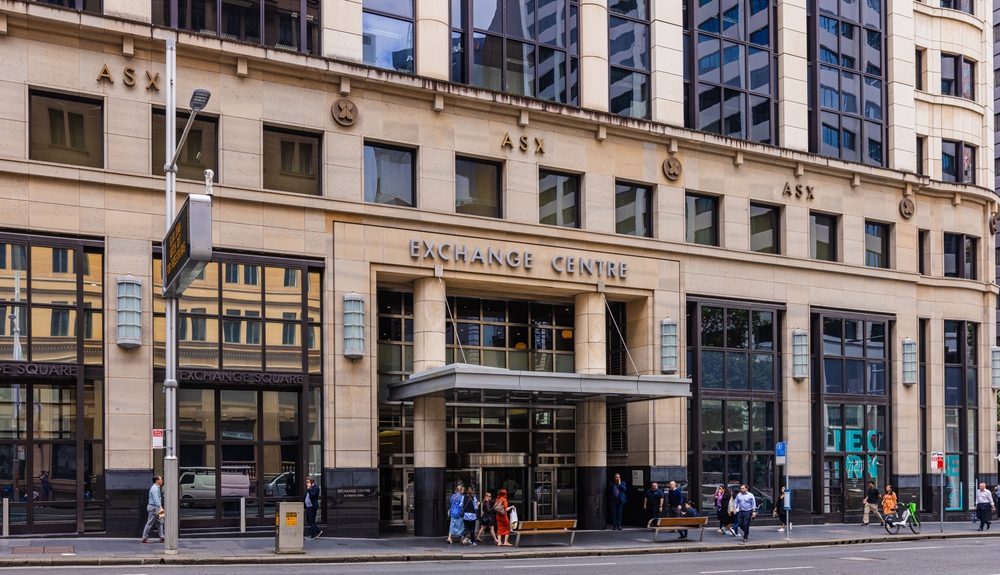How 20 Seconds Can Make You a Better Investor
Investors are taming impulsive money moves by adding a little friction to financial transactions
To break the day-trading habit that cost him friendships and sleep, crypto fund manager Thomas Meenink first tried meditation and cycling. They proved no substitute for the high he got scrolling through investing forums, he said.
Instead, he took a digital breath. He installed software that imposed a 20-second delay whenever he tried to open CoinStats or Coinbase.
Twenty seconds might not seem like much, but feels excruciating in smartphone time, he said. As a result, he checks his accounts 60% less.
“I have to consciously make an effort to go look at stuff that I actually want to know instead of scrolling through feeds and endless conversations about stuff that is actually not very useful,” he said.
More people are adding friction to curb all types of impulsive behaviour. App-limiting services such as One Sec and Opal were originally designed to help users cut back on social-media scrolling.
Now, they are being put to personal-finance use by individuals and some banking and investing platforms. On One Sec, the number of customers using the app to add a delay to trading or banking apps more than quintupled between 2021 and 2022. Opal says roughly 5% of its 100,000 active users rely on the app to help spend less time on finance apps, and 22% use it to block shopping apps such as Amazon.com Inc.
Economic researchers and psychologists say introducing friction into more apps can help people act in their own best interests. Whether we are trading or scrolling social media, the impulsive, automatic decision-making parts of our brains tend to win out over our more measured critical thinking when we use our smartphones, said Ankit Kalda, a finance professor at Indiana University who has studied the impact of mobile trading apps on investor behaviour.
His 2021 study tracked the behaviour of investors on different platforms over seven years and found that experienced day traders made more frequent, riskier bets and generated worse returns when using a smartphone than when using a desktop trading tool.
Most financial-technology innovation over the past decade focused on reducing the friction of moving money around to enable faster and more seamless transactions. Apps such as Venmo made it easier to pay the babysitter or split a bill with friends, and digital brokerages such as Robinhood streamlined mobile trading of stocks and crypto.
These innovations often lead customers to trade or buy more to the benefit of investing and finance platforms. But now, some customers are finding ways to slow the process. Meanwhile, some companies are experimenting with ways to create speed bumps to protect users from their own worst instincts.
When investing app Stash launched retirement accounts for customers in 2017, its customer-service representatives were flooded with calls from panicked customers who moved quickly to open up IRAs without understanding there would be penalties for early withdrawals. Stash funded the accounts in milliseconds once a customer opted in, said co-founder Ed Robinson.
So to reduce the number of IRAs funded on impulse, the company added a fake loading page with additional education screens to extend the product’s onboarding process to about 20 seconds. The change led to lower call-centre volume and a higher rate of customers deciding to keep the accounts funded.
“It’s still relatively quick,” Mr. Robinson said, but those extra steps “allow your brain to catch up.”
Some big financial decisions such as applying for a mortgage or saving for retirement can benefit from these speed bumps, according to ReD Associates, a consulting firm that specialises in using anthropological research to inform design of financial products and other services. More companies are starting to realise they can actually improve customer experiences by slowing things down, said Mikkel Krenchel, a partner at the firm.
“This idea of looking for sustainable behaviour, as opposed to just maximal behaviour is probably the mind-set that firms will try to adopt,” he said.
Slowing down processing times can help build trust, said Chianoo Adrian, a managing director at Teachers Insurance and Annuity Association of America. When the money manager launched its online retirement checkup tool last year, customers were initially unsettled by how fast the website estimated their projected lifetime incomes.
“We got some feedback during our testing that individuals would say ‘Well, how did you know that already? Are you sure you took in all my responses?’ ” she said. The company found that the delay increased credibility with customers, she added.
For others, a delay might not be enough to break undesirable habits.
More people have been seeking treatment for day-trading addictions in recent years, said Lin Sternlicht, co-founder of Family Addiction Specialist, who has seen an increase in cases since the start of the pandemic.
“By the time individuals seek out professional help they are usually experiencing a crisis, and there is often pressure to seek help from a loved one,” she said.
She recommends people who believe they might have a day-trading problem unsubscribe from notifications and emails from related companies and change the color scheme on the trading apps to grayscale, which has been found to make devices less addictive. In extreme cases, people might want to consider deleting apps entirely.
For Perjan Duro, an app developer in Berlin, a 20-second delay wasn’t enough. A few months after he installed One Sec, he went a step further and deleted the app for his retirement account.
“If you don’t have it on your phone, [that] helps you avoid that bad decision,” he said.
 Copyright 2020, Dow Jones & Company, Inc. All Rights Reserved Worldwide. LEARN MORE
Copyright 2020, Dow Jones & Company, Inc. All Rights Reserved Worldwide. LEARN MORE
This stylish family home combines a classic palette and finishes with a flexible floorplan
Just 55 minutes from Sydney, make this your creative getaway located in the majestic Hawkesbury region.
Continued stagflation and cost of living pressures are causing couples to think twice about starting a family, new data has revealed, with long term impacts expected
Australia is in the midst of a ‘baby recession’ with preliminary estimates showing the number of births in 2023 fell by more than four percent to the lowest level since 2006, according to KPMG. The consultancy firm says this reflects the impact of cost-of-living pressures on the feasibility of younger Australians starting a family.
KPMG estimates that 289,100 babies were born in 2023. This compares to 300,684 babies in 2022 and 309,996 in 2021, according to the Australian Bureau of Statistics (ABS). KPMG urban economist Terry Rawnsley said weak economic growth often leads to a reduced number of births. In 2023, ABS data shows gross domestic product (GDP) fell to 1.5 percent. Despite the population growing by 2.5 percent in 2023, GDP on a per capita basis went into negative territory, down one percent over the 12 months.
“Birth rates provide insight into long-term population growth as well as the current confidence of Australian families,” said Mr Rawnsley. “We haven’t seen such a sharp drop in births in Australia since the period of economic stagflation in the 1970s, which coincided with the initial widespread adoption of the contraceptive pill.”
Mr Rawnsley said many Australian couples delayed starting a family while the pandemic played out in 2020. The number of births fell from 305,832 in 2019 to 294,369 in 2020. Then in 2021, strong employment and vast amounts of stimulus money, along with high household savings due to lockdowns, gave couples better financial means to have a baby. This led to a rebound in births.
However, the re-opening of the global economy in 2022 led to soaring inflation. By the start of 2023, the Australian consumer price index (CPI) had risen to its highest level since 1990 at 7.8 percent per annum. By that stage, the Reserve Bank had already commenced an aggressive rate-hiking strategy to fight inflation and had raised the cash rate every month between May and December 2022.
Five more rate hikes during 2023 put further pressure on couples with mortgages and put the brakes on family formation. “This combination of the pandemic and rapid economic changes explains the spike and subsequent sharp decline in birth rates we have observed over the past four years,” Mr Rawnsley said.
The impact of high costs of living on couples’ decision to have a baby is highlighted in births data for the capital cities. KPMG estimates there were 60,860 births in Sydney in 2023, down 8.6 percent from 2019. There were 56,270 births in Melbourne, down 7.3 percent. In Perth, there were 25,020 births, down 6 percent, while in Brisbane there were 30,250 births, down 4.3 percent. Canberra was the only capital city where there was no fall in the number of births in 2023 compared to 2019.
“CPI growth in Canberra has been slightly subdued compared to that in other major cities, and the economic outlook has remained strong,” Mr Rawnsley said. “This means families have not been hurting as much as those in other capital cities, and in turn, we’ve seen a stabilisation of births in the ACT.”
This stylish family home combines a classic palette and finishes with a flexible floorplan
Just 55 minutes from Sydney, make this your creative getaway located in the majestic Hawkesbury region.






















